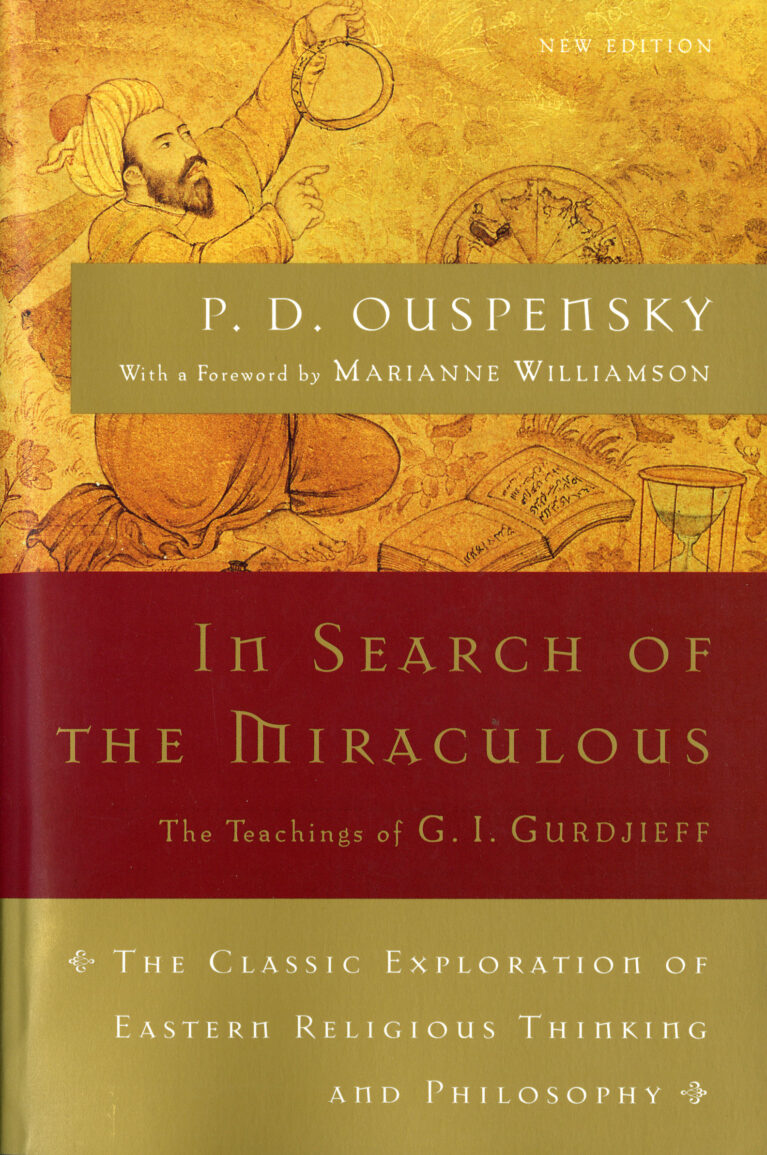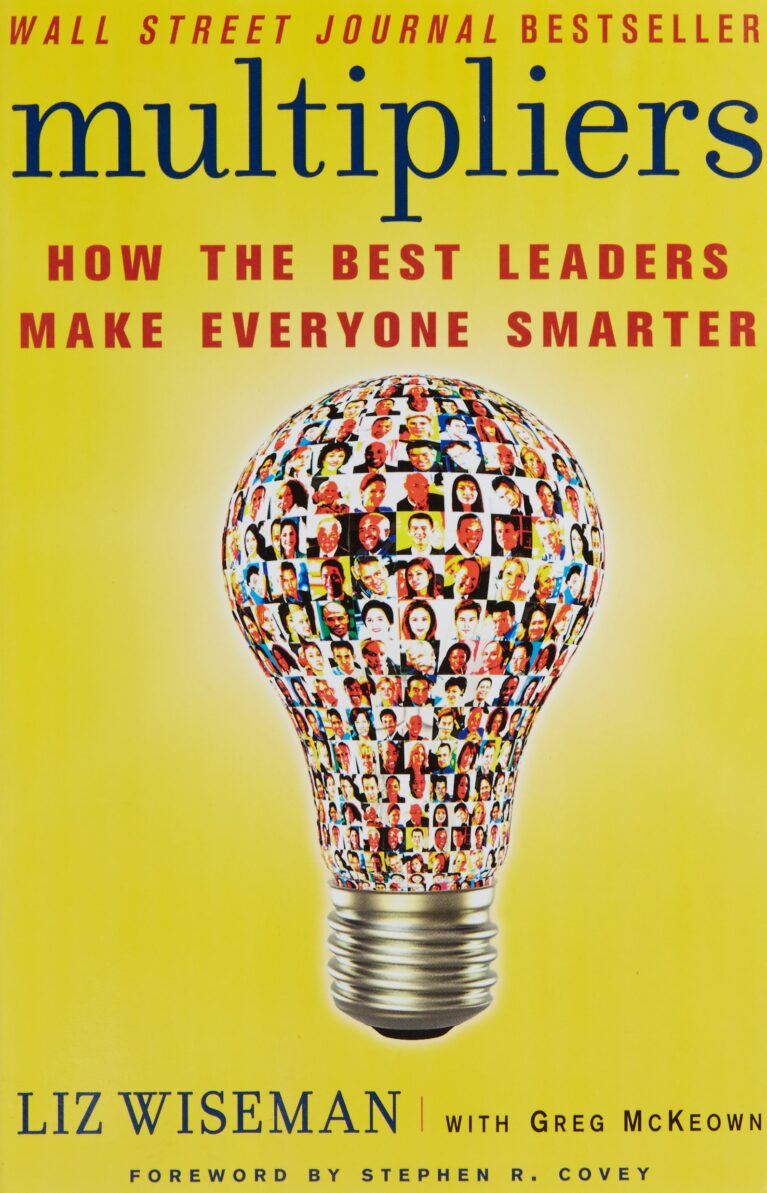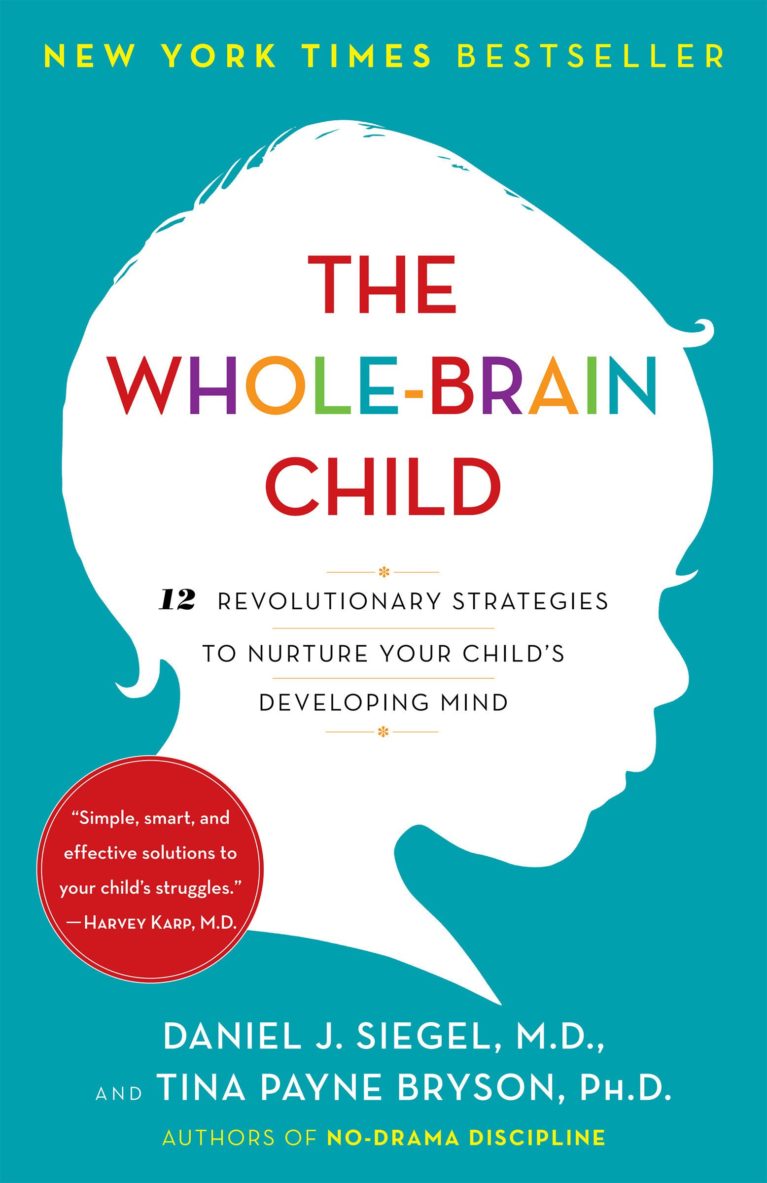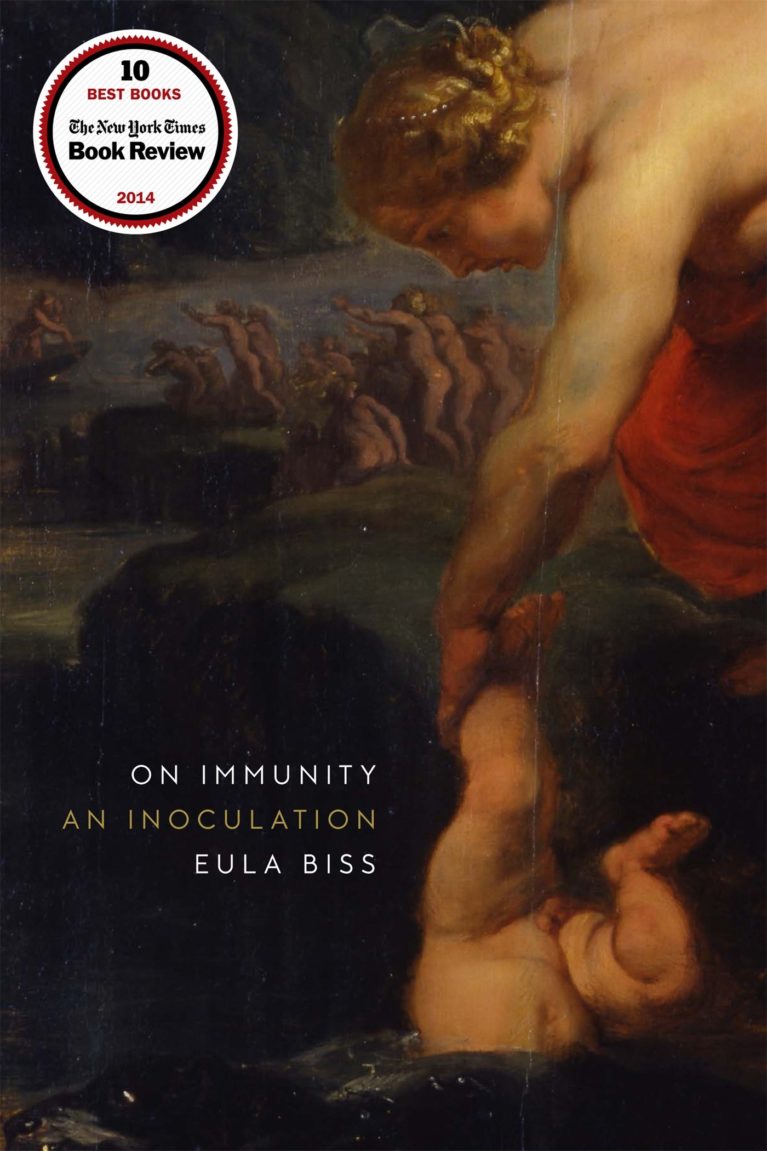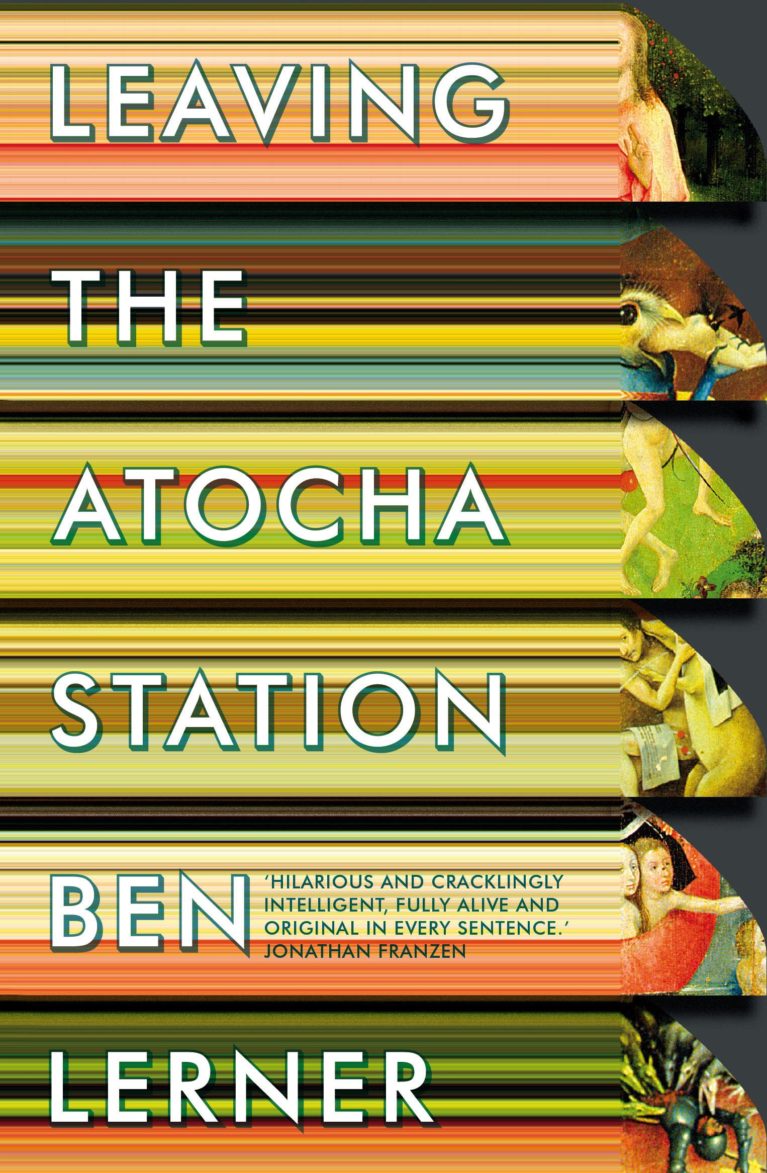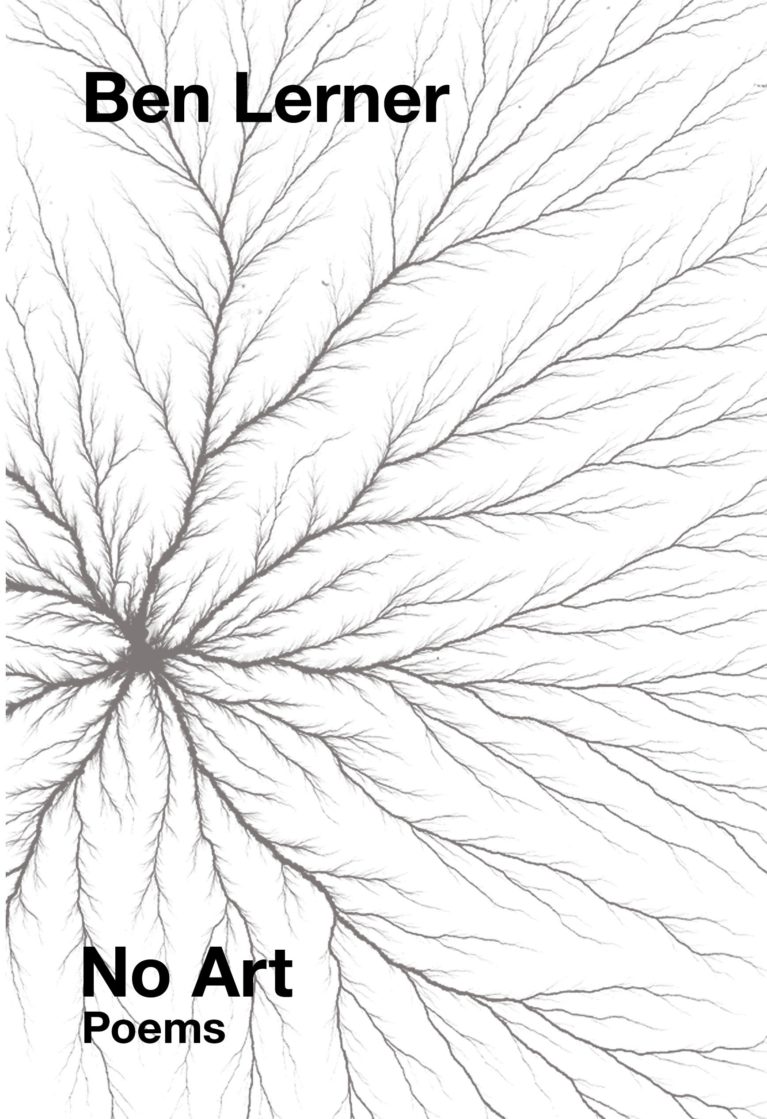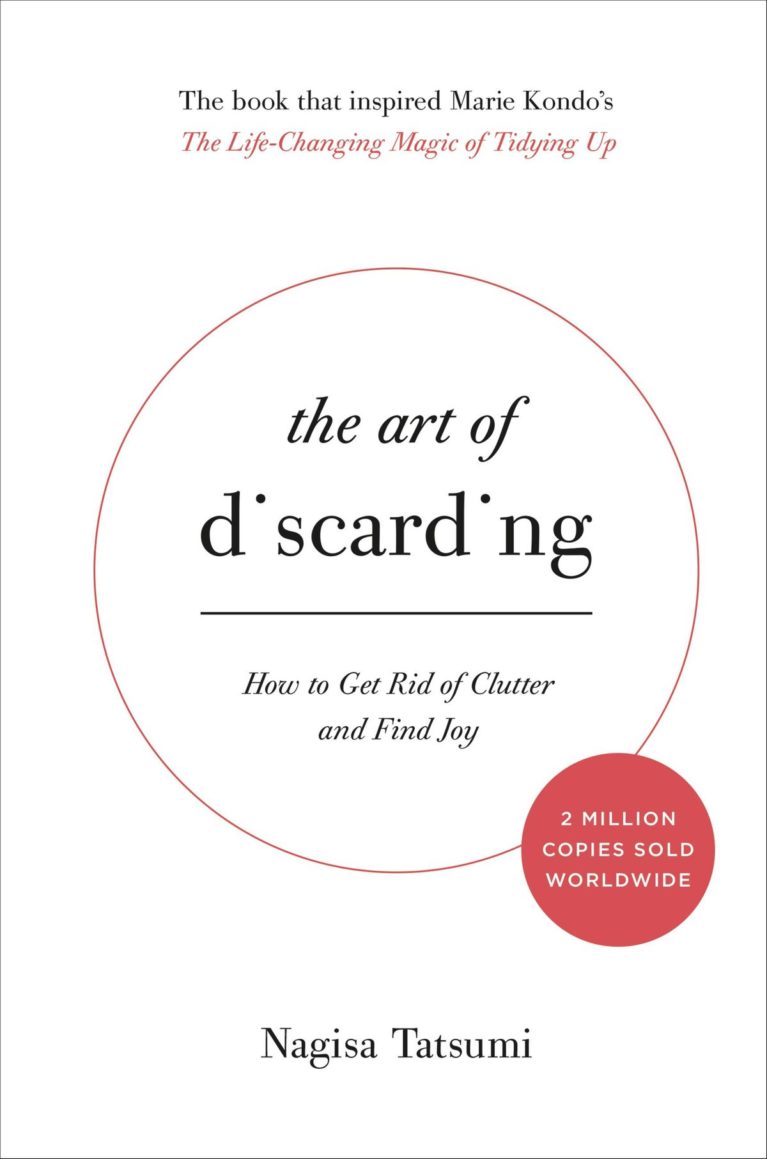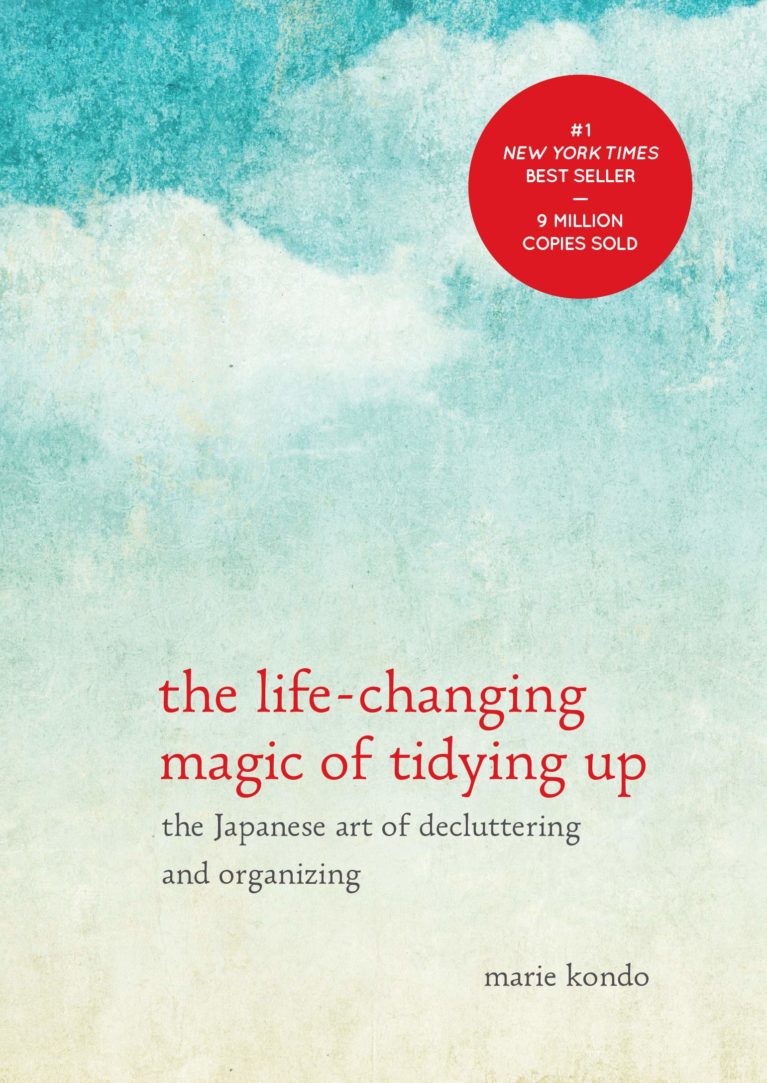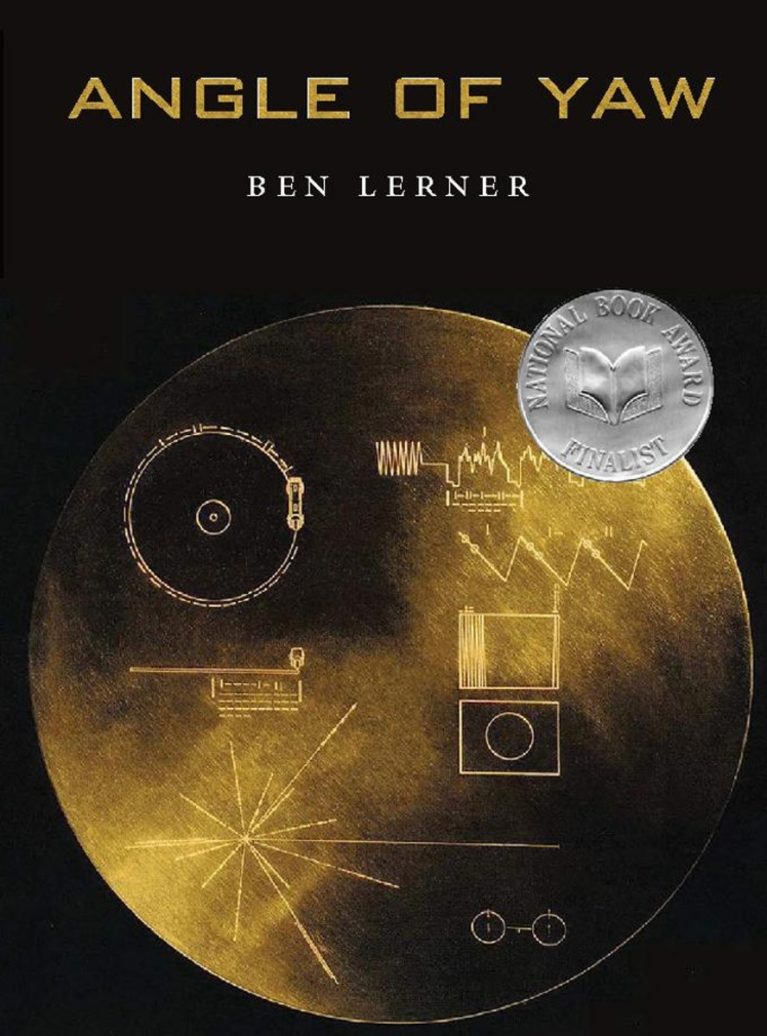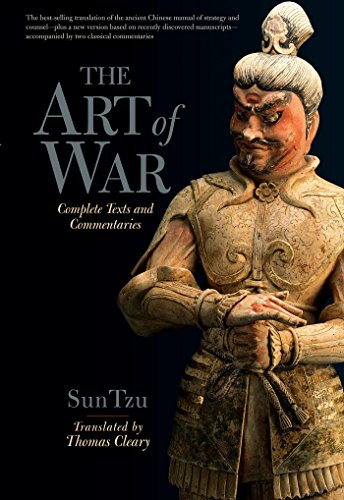I’m working on the plan for potential music project, which is very exciting for me since I proclaim to be strictly not a musician at all. During the planning phase I reached out to an old buddy, Aslandies, who is a fantastic singer and songwriter, to ask his opinion about the project. (Side note shout out: check out some of Aslan’s latest works here.) Before we even got into the project talk, Aslan and I diverged into a long philosophical debate and somewhere in the midst of it he mentioned this book.
“In Search of the Miraculous”, by P. D. Ouspensky. Awesome name, by the way. I know nothing about the book as of now, just that it related to our conversation and that Aslan described it as being harder and harder to get through the further you get into it. Sort of reminded me of “House of Leaves” in a way, though I take it this is not a work of fiction. Aslan said he’s on his third or fourth attempt to get through it now.
This struck me as an interesting lead and so I’m loading it up into my “interested in reading” list.
Have any of you read “In Search of the Miraculous”? If so, what’d you think?
And similarly, has anyone read anything by P. D. Ouspensky? It’s my first introduction to them so I’m curious what else they have done that might be noteworthy…
